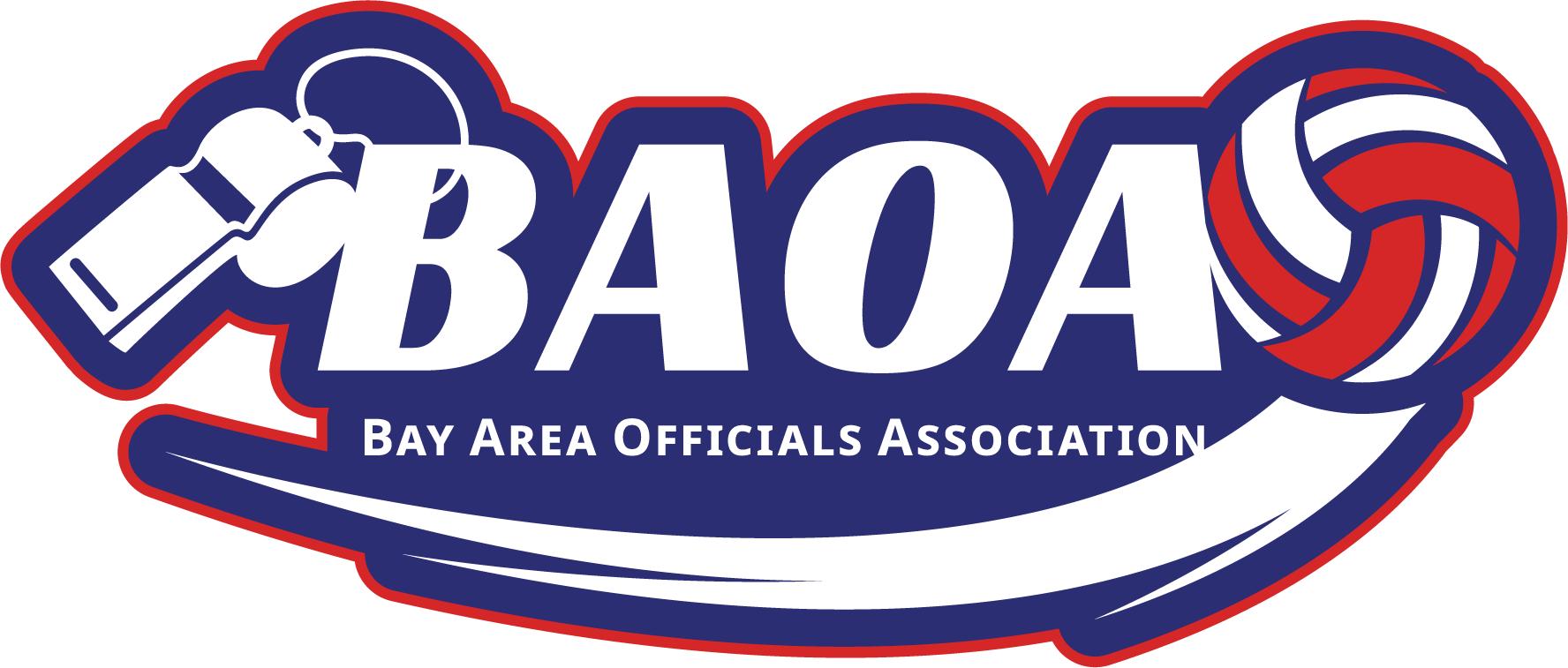Pyramid of Officiating Success

This pyramid represents what it takes to reach the highest level in officiating. Whether you only officiate high school or go on to officiate other groups like NCAA or USAV.
Pyramid Levels & What to Master
Each set of levels in the Pyramid have rule knowledge and items to master as both an R1 & R2 to be able to advance to the next level. The levels range from 1 – 4. No matter what level you might be in today you should always work on knowing ALL of the rules and how to apply them during a match.
If you are interested in moving up to a higher level you will need to contact the training committee to set up dates to be observed.
You can email our Training Director at: training@baofficials.com
